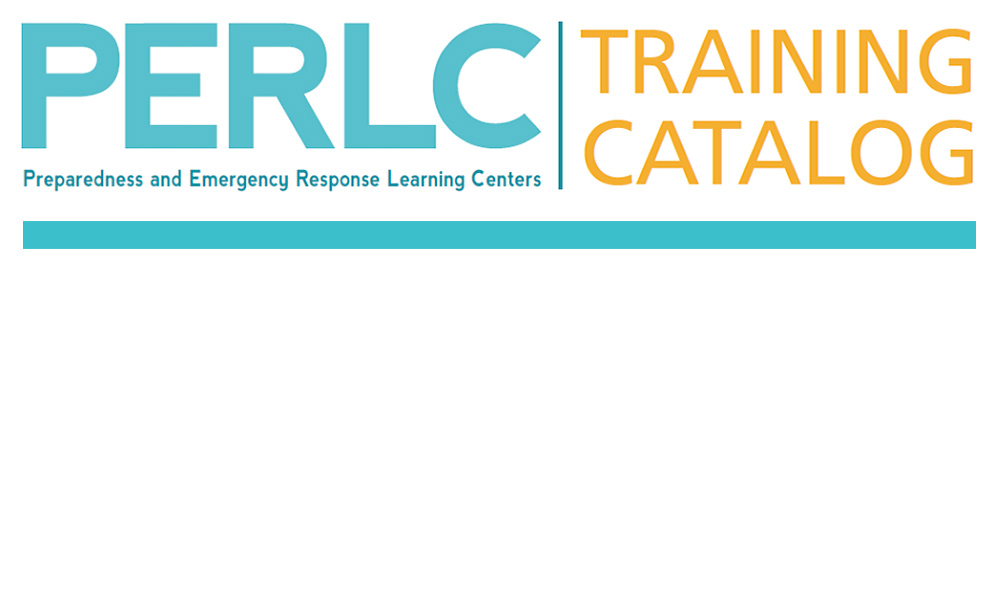
The Regional Coordinating Body met on March 11, 2024, at the Hans Rosling Center for Population Health. The Tribal Coordinating Body met on March 20, 2024, at the wǝɫǝbʔaltxʷ Intellectual House.
In partnership with Northwest Center for Public Health Practice, the UW Center for Disaster Resilient Communities (CDRC) has convened representatives from public health agencies, tribal and inter-tribal organizations, K-12 schools, healthcare facilities and coalitions, emergency management, community-based organizations, and select regional partners, to plan for a future Region 10 Public Health Emergency Preparedness and Response (PHEPR) Center.
The Centers for Disease Control and Prevention (CDC) contracted with CDRC in September 2023 to lead the development of a work plan for a regional public health emergency preparedness and response center that serves Alaska, Idaho, Oregon, Washington, and the 272 Tribal Nations in Region 10. This future Center will be one of several centers nationwide focusing on improving the uptake of PHEPR evidence-based strategies and interventions among state, tribal, local, and territorial public health agencies and their partners. This contract flips the script on the traditional university-based research by having practitioners, rather than researchers, determine the priorities for and activities undertaken by the Center.
In fall 2023, CDRC recruited 38 representatives with PHEPR expertise from state, tribal, and local public health agencies, tribal and inter-tribal organizations, K-12 schools, healthcare facilities and coalitions, emergency management, community-based organizations, and select regional partners to serve on two coordinating bodies: one focused on developing a general regional PHEPR Center work plan, and another on developing a PHEPR Center work plan specific to tribal needs and priorities. These regional and tribal coordinating bodies have since met four times to engage in a series of iterative discussions about the Center’s areas of focus, including an all-day meeting at the University of Washington for each body that included large-group and small-group discussions. The CDRC team synthesized the robust input provided by both coordinating bodies and identified five common topics for the Center to focus its efforts.
During the final meeting, both coordinating body members prioritized the topics for their respective work plan and landed on the same three prioritized topics: communications; workforce capacity and leadership; and assessing and addressing future hazards. The coordinating bodies emphasized the need for an explicit focus on adapting, or co-creating culturally, and community-tailored approaches to support equitable access to and uptake of evidence-based strategies and interventions for PHEPR across Region 10’s diverse contexts and tribal communities. Two work plans that outline objectives and action plans for each topic, and integrate iterative feedback from coordinating bodies, will be developed and delivered to CDC by mid-September 2024. If you're interested in learning more, visit Enhancing Public Health Preparedness and Response.


